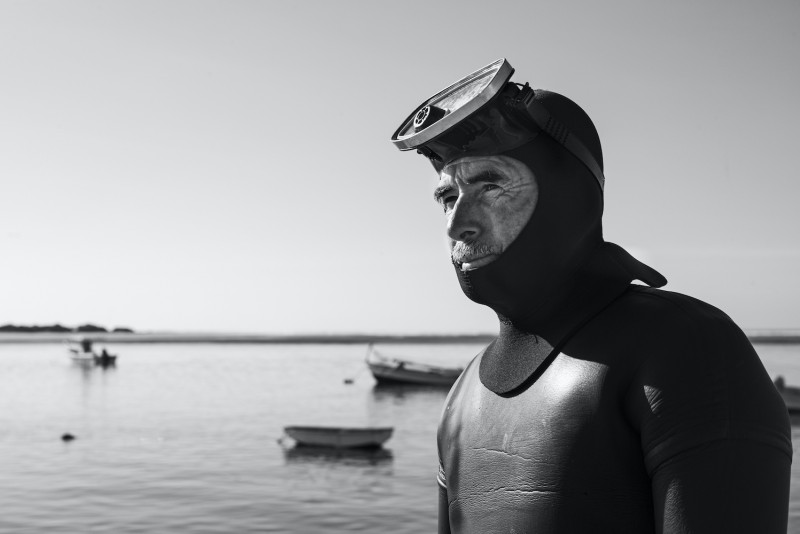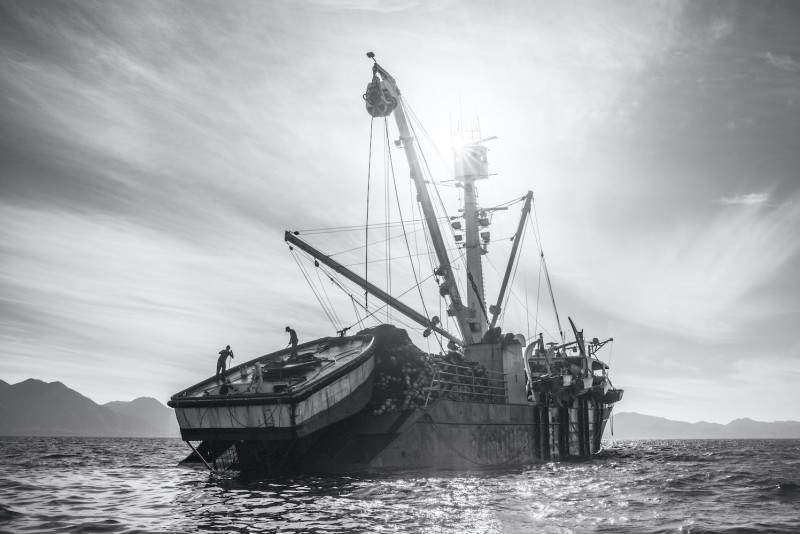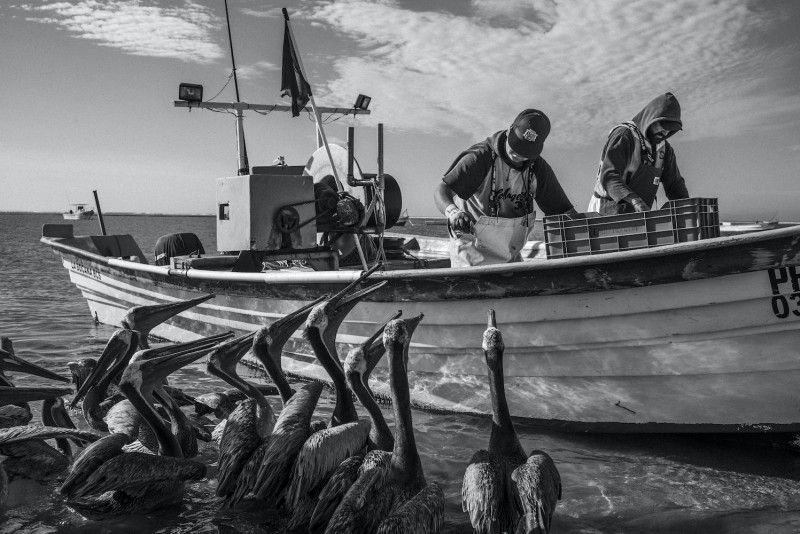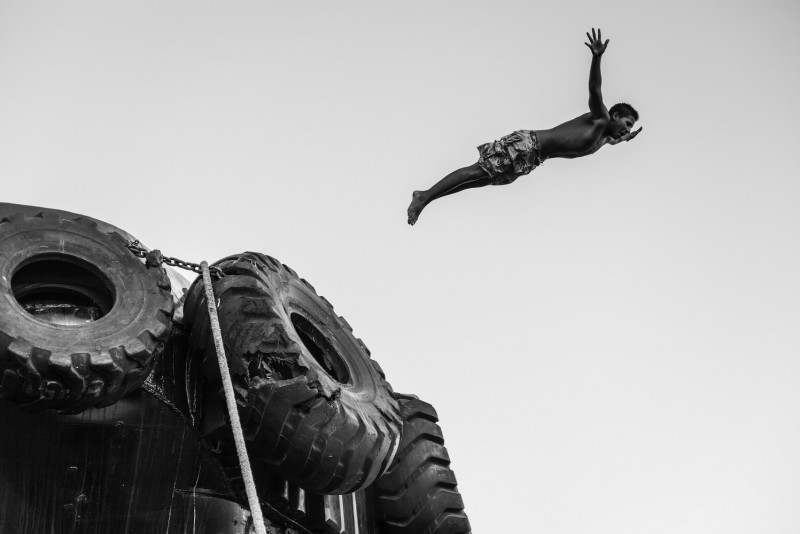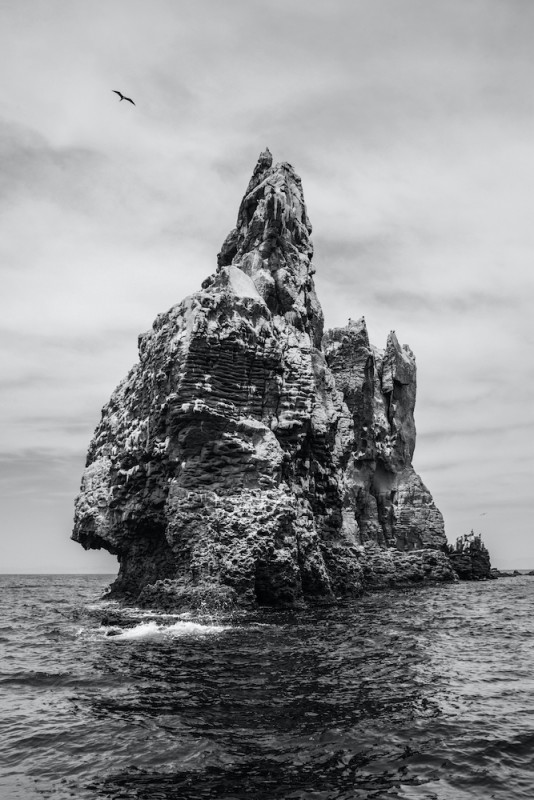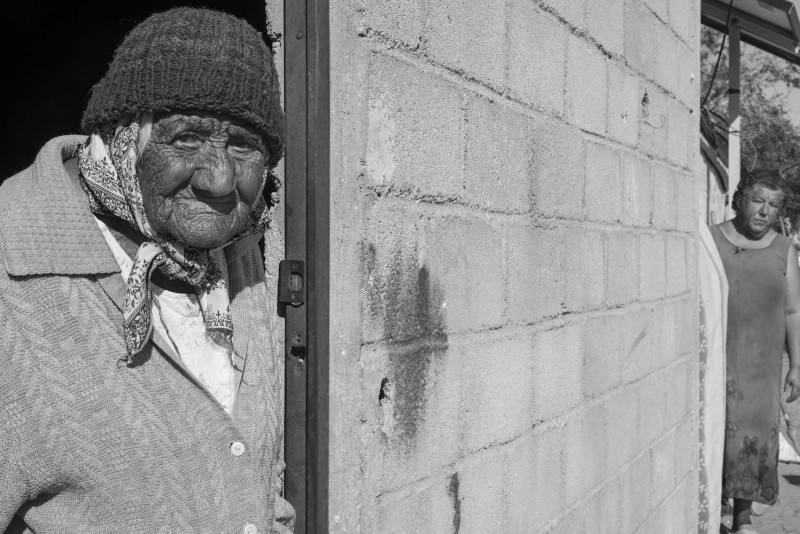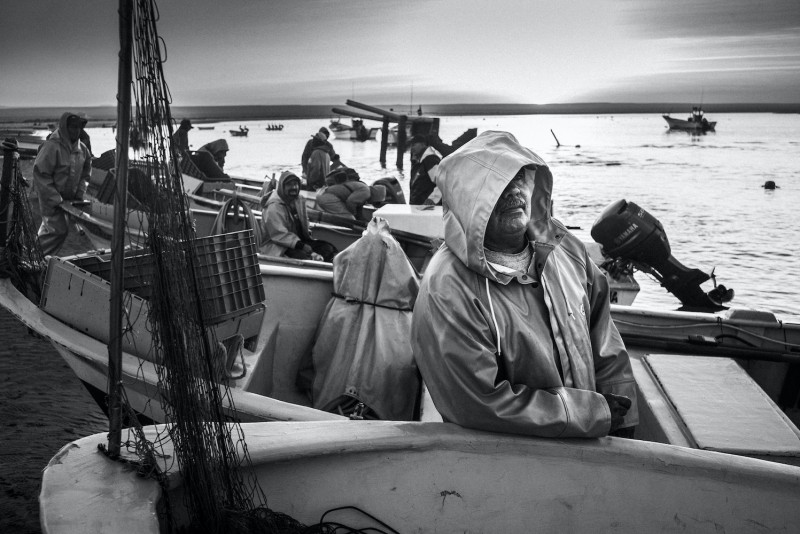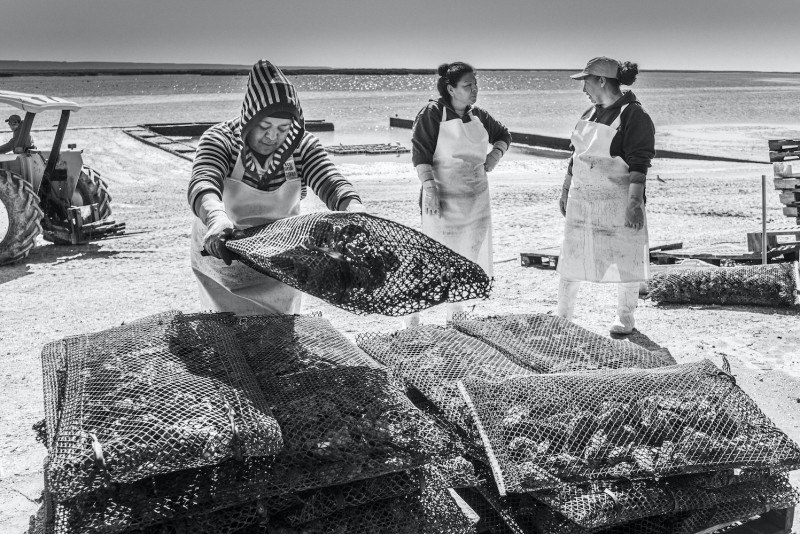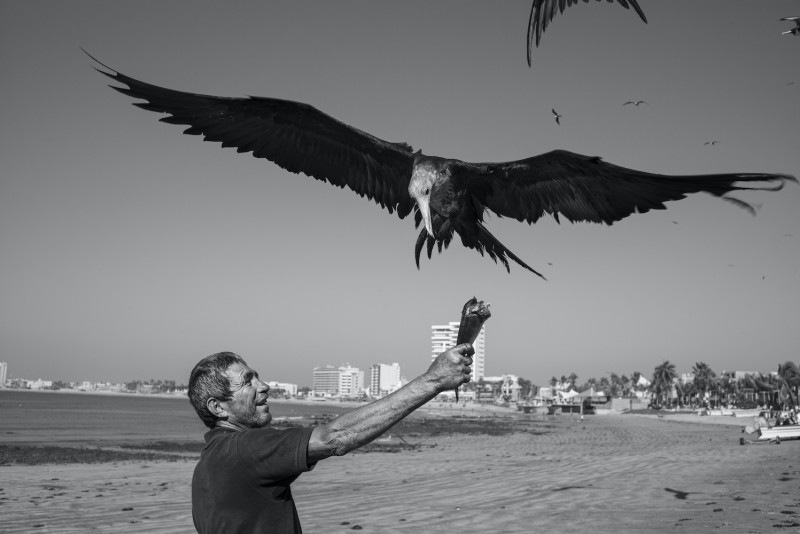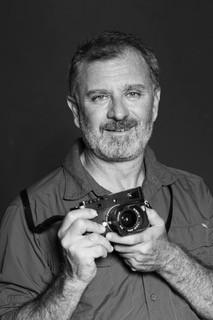Litoralia
Litoralia
Alfredo Martínez
November 8, 2021
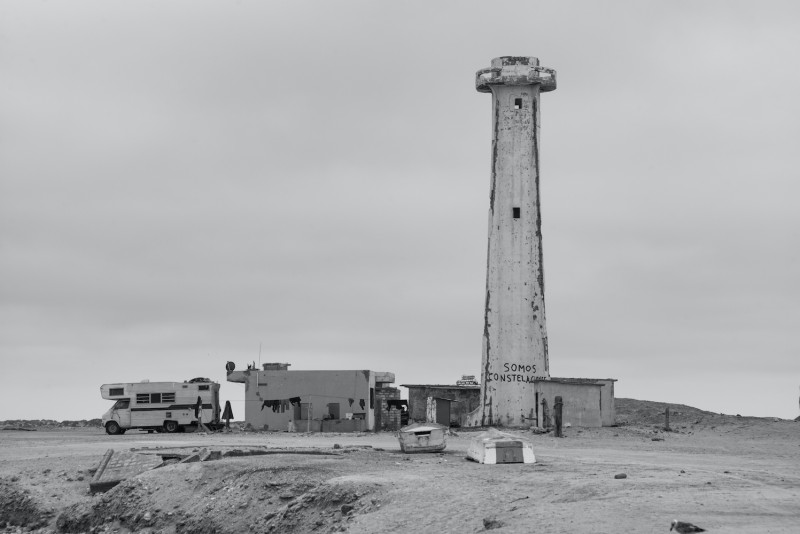
LFI: Why did you choose the coastal states of the Gulf of California for your project?
Alfredo Martínez: I chose to document life on the coast of the Gulf of California because it seems to me a remote and fascinating place, where you are face to face with wild nature. I really like the sea and underwater photography, and this is one of the places with the greatest marine biodiversity in the world. I am very attracted to documenting the lives of fishermen, seafarers and indigenous communities. This is how the Litoralia photographic project arose, which constitutes a visual journey through the territory, and the cultural and natural heritage of the native groups and communities established in the coastal states of the Gulf of California.
Did you have a certain photographic approach? What did you want to show primarily?
I carried out a series of incursions by land and sea along the coast of the Gulf of California, to capture, through photography, the beauty, natural abundance, cultural expressions and the faces of those who inhabit this territory. But the project is also about its fragility, and the challenges for the communities that struggle to survive in the face of the threats of precariousness. However, the common thread of the stories is always water.
How long did your project last? Is it already finished?
I have not yet completed this project, which began in 2015. It is an ambitious project and I have made progress to the extent that my resources allow me. So far I have documented a large part of the coastline of Baja California Sur, the upper Gulf of California, part of the coast of Sonora and Nayarit. I still want to document different indigenous groups of the states of Sonora and Sinaloa. Meanwhile I have advanced in the selection and printing of photographs and in the design of a book. I have already made some publications in magazines, and a photographic exhibition titled Viaje al Mar is at the Carlos Olachea gallery in the city of La Paz.
How would you describe the connection between people and the water in that part of the country?
The connection of the coastal communities with the water is crucial; fresh water is very scarce. The peninsula of Baja California, Sonora and part of Sinaloa are deserts, so the relationship with the seas of both the Gulf of California and the Pacific Ocean is in fishing, where the livelihood of families and the region's economy comes from. It is essential to carry out sustainable fishing.
Culturally and ideologically speaking, the relationship between social groups, including indigenous ones, the environment and water has been demonstrated since time immemorial through their uses and customs, as well as in their conception of the world. For many people in the region, water is a sacred element that gives life and wealth, and thus also an essential part of traditions and daily life.
Read the full story in LFI Magazine 8/2021.
Alfredo Martínez+-
...began his career in Mexico City and studied Photography, Cinematography and Archaeology. He has taken pictures in numerous countries, and when he travels he enjoys bringing together adventure, anthropology and archaeology. His particular interest lies in projects that document Mexican culture and nature. This kind of work, which has already appeared in numerous forms of media, brings him great fulfilment. More

